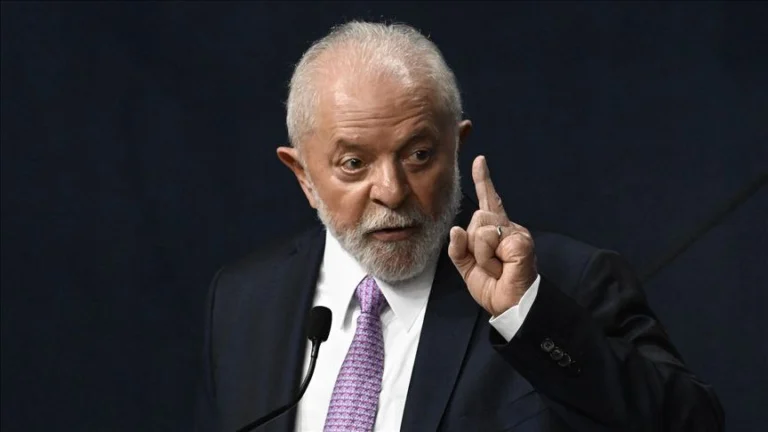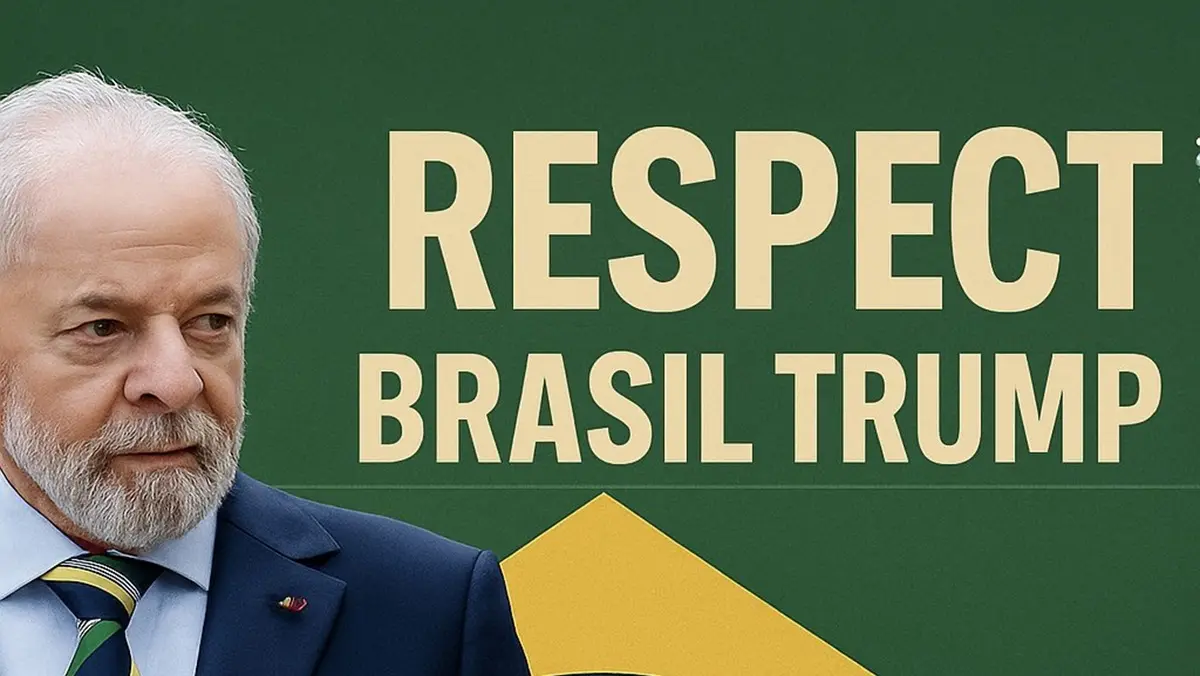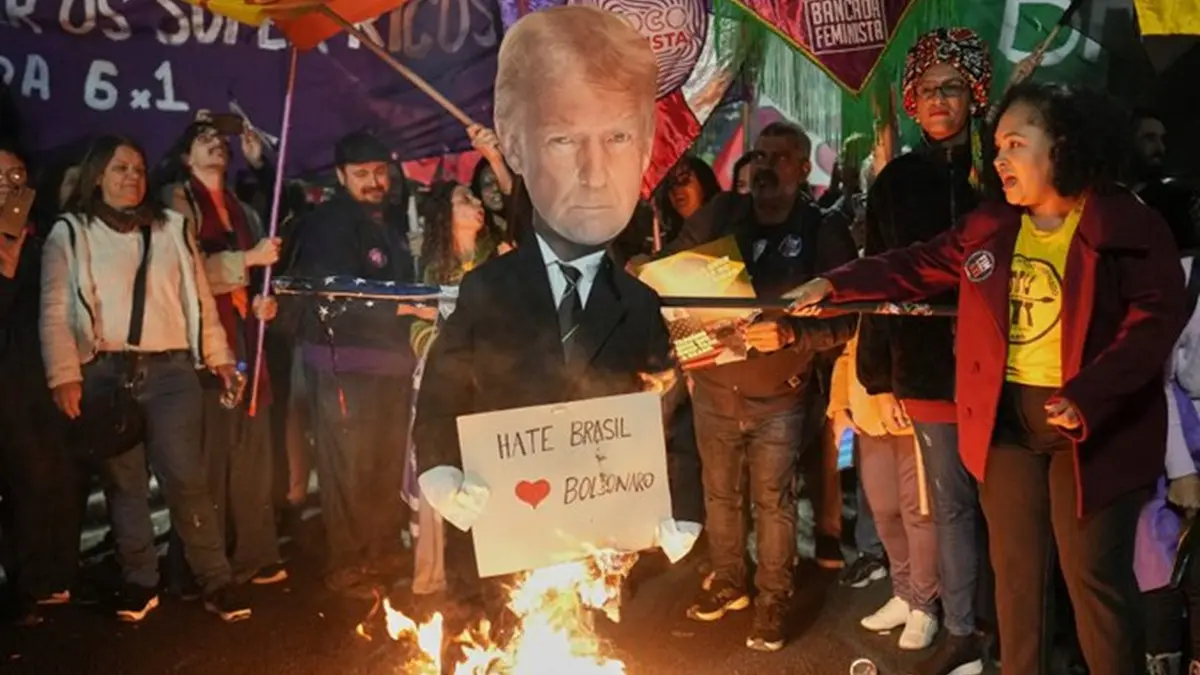Brazil Says No to U.S. Control Over Strategic Minerals
Lula rebuffs U.S. interest in Brazil’s minerals, reaffirming sovereign control and expanding talks with Russia on joint extraction.

President Lula addresses Brazil’s mineral policy at a public event in Rio de Janeiro. Photo: @Palestinahoy01
July 29, 2025 Hour: 6:59 am
President Luiz Inácio Lula da Silva has dismissed U.S. interest in Brazil’s critical minerals, making clear that resource sovereignty will guide the country’s partnerships in a global race for strategic raw materials.
RELATED:
Argentina’s Steel Production Fell 8.6% in June
During the opening of a thermal power plant in Rio de Janeiro on July 28, President Lula responded bluntly to reports of U.S. interest in Brazil’s mineral reserves. “I recently read an article stating that the US is interested in Brazil’s critical minerals. If they are so important, then I will take them for myself. Why should I give them to someone else?” he stated.
His comments come amid heightened international competition for control over lithium, uranium, and other key resources essential to energy transitions and advanced technologies. With only 30% of Brazilian territory explored, Lula emphasized that any future development will take place under Brazilian terms and in coordination with selected partners.
Earlier this year, Brazilian and Russian officials began talks on joint extraction of uranium and lithium, as reported by Folha de S.Paulo in May. Lula later confirmed Brazil’s intention to strengthen cooperation with Russia in this area — a move that signals a shift toward South-South collaboration and away from traditional Western influence.
By asserting national control over its mineral wealth, Brazil is positioning itself as a sovereign actor in the global resource economy — one that resists external pressures and prioritizes partnerships based on mutual benefit.
Lula’s rejection of U.S. involvement in Brazil’s mining sector highlights a broader agenda: to realign resource governance with national interests and develop new ties with Global South partners beyond the reach of Washington’s geopolitical influence.
Author: MK
Source: TASS






